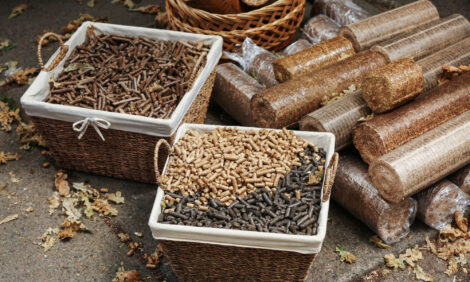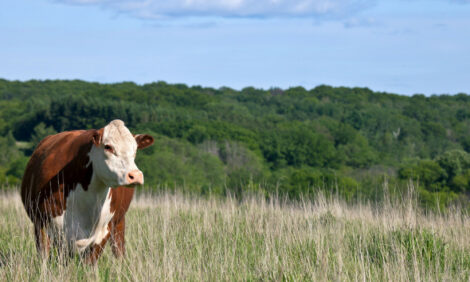



Fierce Response in Wake of Clone Proposal
US - This week saw the US Food and Drug Administration (FDA) announce their final risk assessment of cloned animal produce. The report indicates that there is no evidence that cloned produce are any different than conventionally reared produce. It is believed that the report will pave the way for products derived from cloned animals and their offspring to find their way on to the market.The US National Farmers' Union (NFU) President Tom Buis made the following statement:
"in the face of ever-increasing food safety concerns, it is troubling to see the FDA approval of products from cloned animals to be sold to the public, when questions surrounding the health risks, legal implications and ethical concerns remain unanswered. Furthermore, there is no data to suggest any consumer demand for such products."
He went on to conclude that the economic implications of introducing products from cloned animals into the marketplace could be potentially devastating for family farmers and consumers.
* "In the face of ever-increasing food safety concerns, it is troubling to see the FDA approval of products from cloned animals to be sold to the public" |
|
The US National Farmers' Union (NFU) President Tom Buis.
|
“NFU believes consumers have the right to know if the food they feed their families comes from a cloned animal. I strongly urge Congress to pass Senator Mikulski’s Cloned Food Labeling Act and direct the FDA to take the necessary steps to label cloned food products.”
But not all of the feedback was against the proposition. According to the news agency, Food Navigator, Mark Walton, president of ViaGen, a gene banking and cloning service supplier, applauded the level of science that went into the FDA's report and said the safety review was the most extensive in FDA's history.
"Cloning companies will continue to work out an orderly marketing transition with the food industry and relevant government agencies - including FDA and USDA - as we move toward commercialization."
Consumers are unlikely to ever actually eat a cloned animal itself thanks to tracking systems. Clones of high quality animals are to be used as breeding animals, with their offspring and product from their offspring being sold to food.
According to the Irish Examiner, in a final risk assessment that confirmed preliminary findings from 2006, the Food and Drug Administration said, “Extensive evaluation of the available data has not identified any subtle hazards that might indicate food consumption risks in healthy clones of cattle, swine or goats,”
The FDA, after reviewing more than 700 studies, said it did not have enough facts to make an assertion about cloned sheep.
The ruling was the latest twist after years of debate over the reproductive technology, which advocates say will provide consumers with top-quality food by replicating prized animals that can breed highly productive offspring.
There are about 570 cloned animals in the US, but the livestock industry has so far followed a voluntary ban on marketing food from cloned animals.
Even as the FDA unveiled its final rule, the Agriculture Department asked the cloning industry to prolong the ban on selling products from cloned animals during a “transition” period expected to last at least several months.
It could take four or five years before consumers are able to buy clone-derived food on a wide scale as animals are cloned, mature and give birth to progeny used for food.
TheCattleSite News Desk


